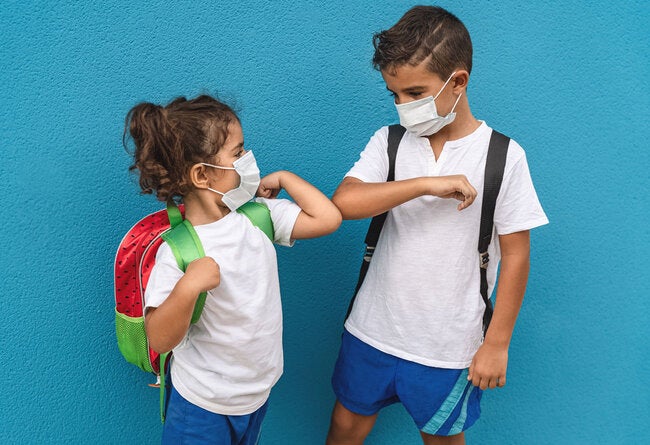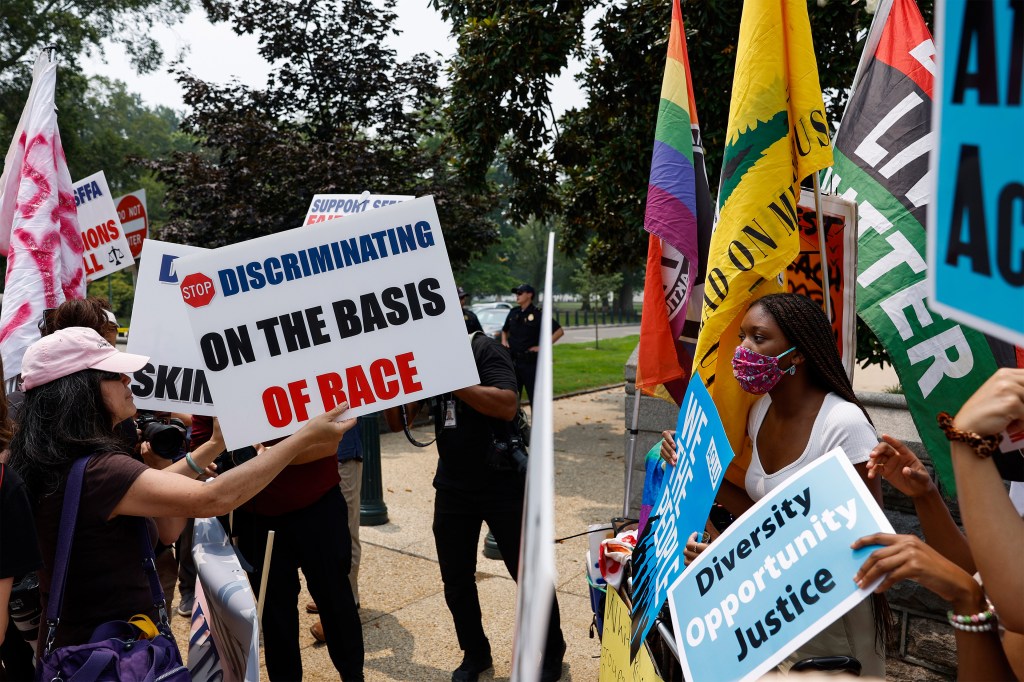
Credit: CC0 Public Domain
There have been few studies of LGBTQ+ older adults residing in nursing homes. A new article from faculty of Regenstrief Institute and Indiana University explores the care of the growing number of LGBTQ+ older adults living in these facilities. The paper highlights the experiences and needs of this population, outlines best facility practices, and presents valuable resources for culturally appropriate and inclusive care.
Social isolation, limited community support, dementia, decreased functional abilities, economic limitations, and delays in care are among the many reasons an LGBTQ+ individual is admitted to one of the more than 15,000 nursing homes in the United States.
“We think about younger LGBTQ+ individuals and the challenges and risks of their lifestyles, but older adults in this population are often forgotten,” said article corresponding author and geriatrician Jennifer Carnahan, M.D., MPH, M.A., of Regenstrief Institute and IU School of Medicine. “They’ve experienced many health disparities. As these accumulate over a lifetime, we see the potential long-term ill effects of being from a marginalized population.
“To better care for these individuals, who are at increased risk of needing professional care and support, in this paper, we shed light on what we can expect as LGBTQ+ individuals age and reside in nursing homes. More and more LGBTQ+ older adults are comfortable being out with their providers, while many living in nursing homes fear unwanted disclosure of their sexual orientation or gender identity status. Their autonomy should be respected either way so they can age in an environment where they feel safe, where they feel comfortable, and where they can live with dignity.”
Nursing home residents rely on facility staff and clinicians for day-to-day functions, such as toileting, bathing, and eating, as well as medical care. This need increases the vulnerability of members of the LGBTQ+ community. There is a paramount need, Dr. Carnahan notes, for facilities to provide a welcoming and inclusive culture for all residents.
She and article co-author Andrew C. Pickett, MSEd, Ph.D., of Indiana University School of Public Health—Bloomington, enumerate best practice recommendations to decrease LGBTQ+ residents’ vulnerability to negative outcomes occurring due to system failures or staffing issues compromising care. These recommendations focus on several areas, including:
- sexual orientation or gender identity status
- medications
- social isolation
- inclusive culture
- staff training
- advance care planning/surrogate decision making.
Specific examples, notes Dr. Carnahan, might include facility celebration of Pride Month, relevant books in the resident library, and time release for staff training.
Drs. Carnahan and Pickett also provide an extensive list of resources for individuals, families, and nursing home facilities.
The paper is published in the journal Clinics in Geriatric Medicine.
More information:
Jennifer L. Carnahan et al, Postacute Care and Long-term Care for LGBTQ+ Older Adults, Clinics in Geriatric Medicine (2023). DOI: 10.1016/j.cger.2023.10.005
Citation:
Caring for LGBTQ+ nursing home residents in culturally appropriate and inclusive ways (2023, December 12)
retrieved 12 February 2024
from https://medicalxpress.com/news/2023-12-lgbtq-nursing-home-residents-culturally.html
This document is subject to copyright. Apart from any fair dealing for the purpose of private study or research, no
part may be reproduced without the written permission. The content is provided for information purposes only.
Note: This article have been indexed to our site. We do not claim legitimacy, ownership or copyright of any of the content above. To see the article at original source Click Here












